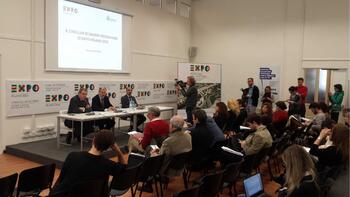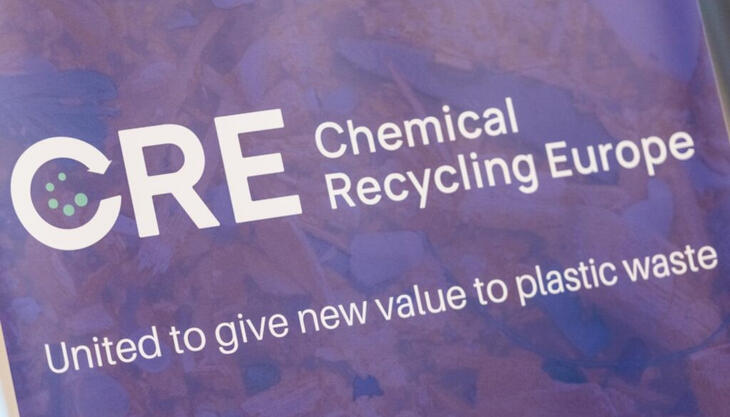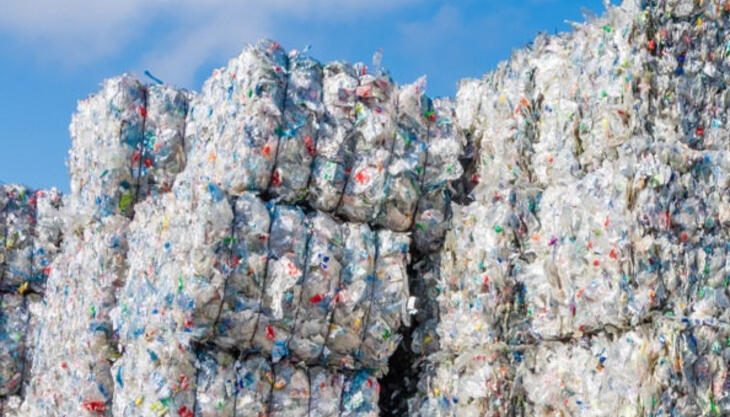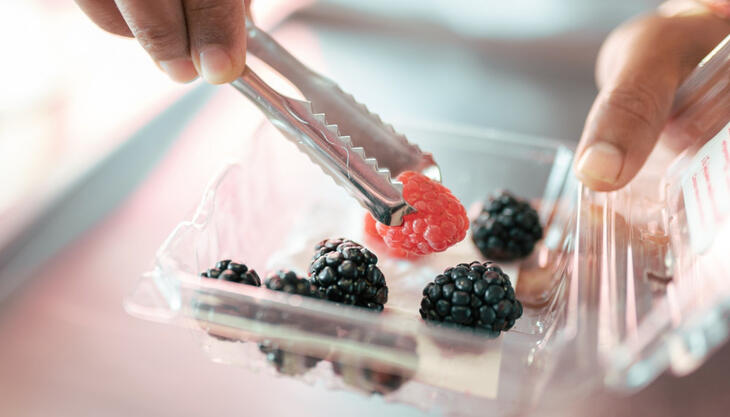Conai with Expo to promote a recycling culture

An agreement Protocol between Expo 2015 and the Italy’s national packaging consortium Conai (Consorzio Nazionale Imballaggi) was presented in Milan on March 24, for the promotion of a circular economy programme for the Expo. The importance of this Expo Circular Economy Programme, of which Conai is the “official supporter”, was highlighted by the general manager of the Sales & Entertainment division of Expo 2015, Piero Galli, and the general manager of Conai, Walter Facciotto. It is estimated that 17,000 tons of urban waste and waste products will be generated in the Expo area, an average of 70-80 tons a day, with production peaks of 130 tons during the weekends. This is why, Conai has decided to act as a spokesman, together with Expo, on the importance of waste recycling, through separate collection, thereby involving both visitors and operators. It is estimated that at least 40% of the waste will be generated by the visitors while 60% will be produced within the exhibition and catering areas. In order to inform and educate those working in the expo and the tourists that visit it, to behave in an eco-friendly manner, Conai will be producing a series of info-boards, video clips and informative material, so that all the packaging and non-packaging waste, is separated in the correct manner for efficient recycling. The separated waste collection target is to reach 70% of the total waste, to be sent for recycling through the consortiums of the sector; and for composting. While the actual separate collection system envisaged for Expo Milano 2015 will be the same as currently adopted in the city itself. The waste will be separated into 5 different fractions; paper and cardboard, glass, plastic and metal packaging, organic material (including food waste and disposal products such as cups, plates and cutlery made of compost degradable materials) which will be collected separately and returned back to production, thereby reducing the need for new resources. The agreement also envisages the implementation of an “environmental meter”, which has been designed in collaboration with Amsa-Group A2A, which will measure the environmental, economic and social benefits resulting from efficient waste management - separate waste collection at the Expo site and subsequent recycling. Using a series of parameters such as avoided carbon dioxide emissions, the amount of waste remove from the dump and sent for recycling per product category, the raw and secondary materials generated and the energy and water savings achieved. To educate and inform younger children Conai has created an interactive game that can be played from 18 e-walls, as well as informative material distributed in the Children's Park area. Thirty benches will also be positioned within the Expo area, which have actually been made using recycled materials, providing a practical example of a circular economy that is both efficient and sustainable from an environmental and economic point of view. Walter Facciotto comments as follows: “Sustainability for Conai, in fact does not only mean environmental protection and prevention, but also the potential for economic development and business opportunities. Sufficient to say that in the 15 years of activity of this Consortium system, it has generated no less than 15.2 billion euros in total benefits for the country and that currently no less than 37000 people are employed in the waste treatment and recycling industrial sector”. In Italy in 2014, over 9 billion tons of packaging waste has been sent for total recovery (+3.3% compared to 2013). While the total recycling of steel, aluminium, paper, wood, plastic and glass packaging has risen by 0.5 % as compared to 2013.
















